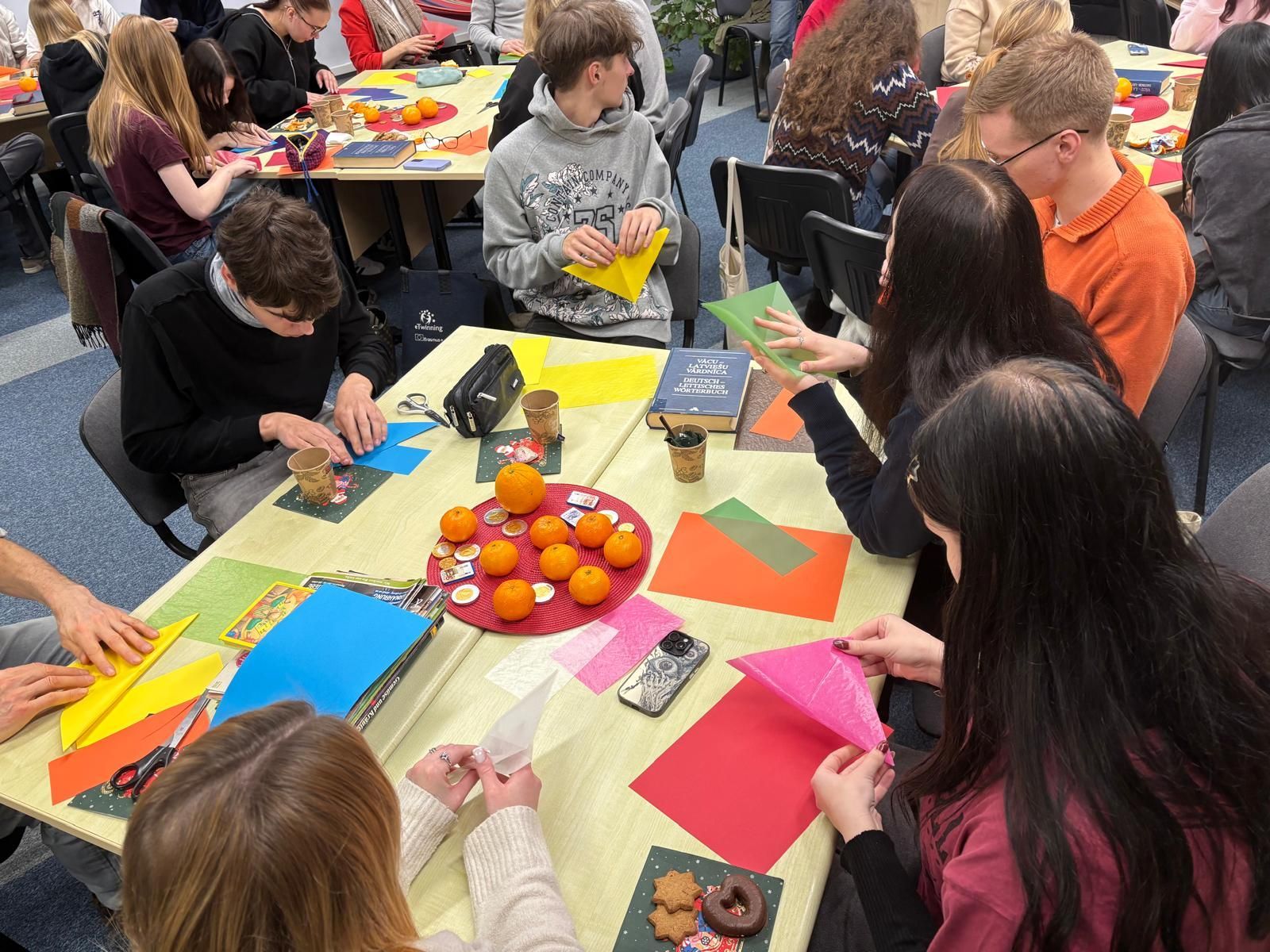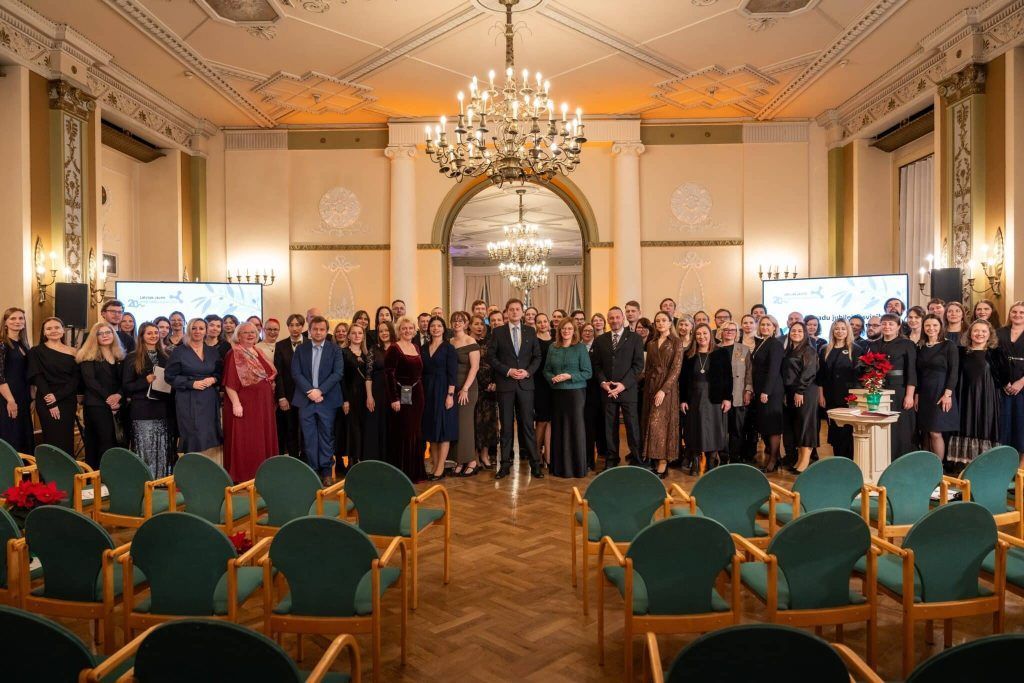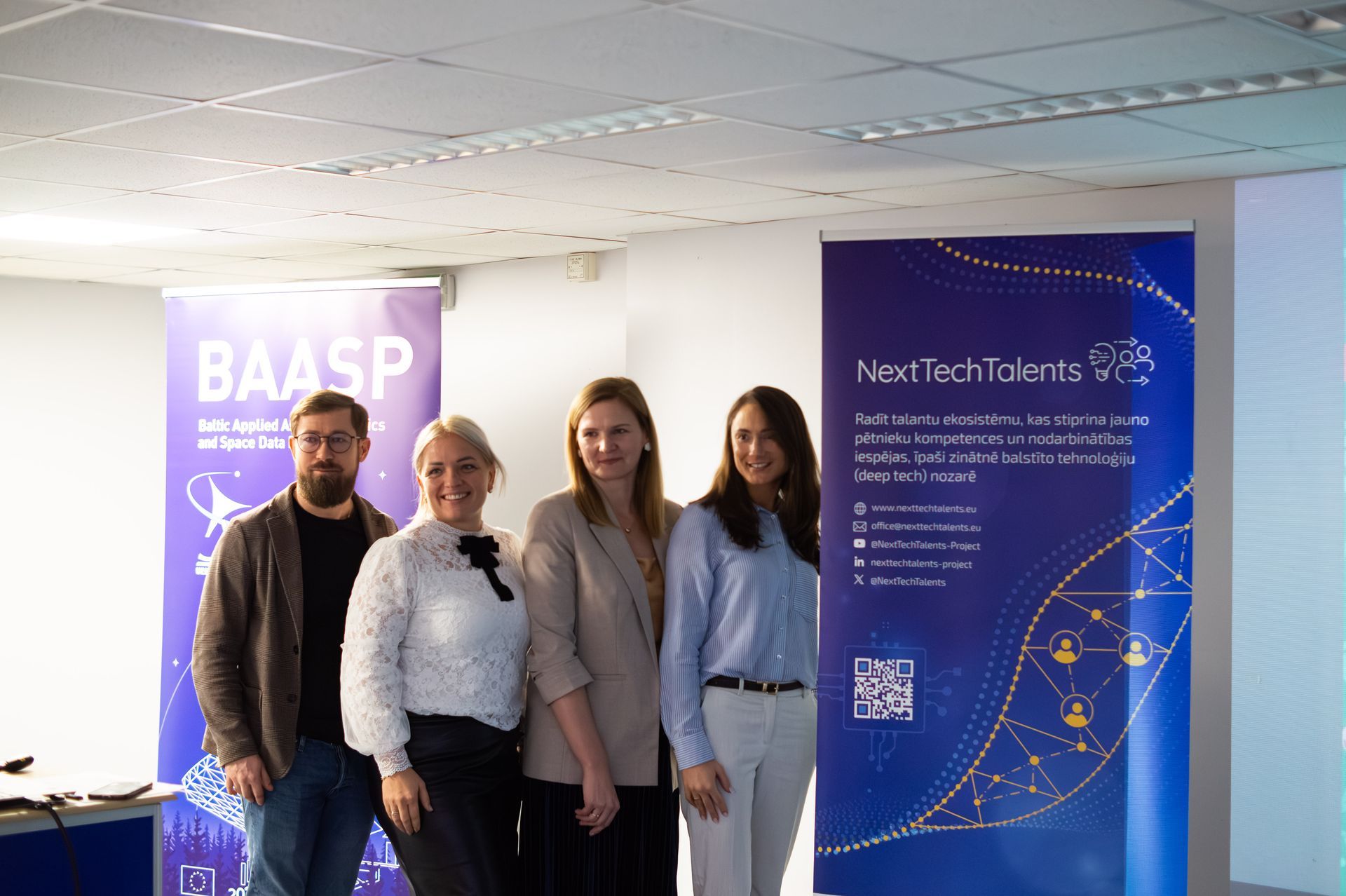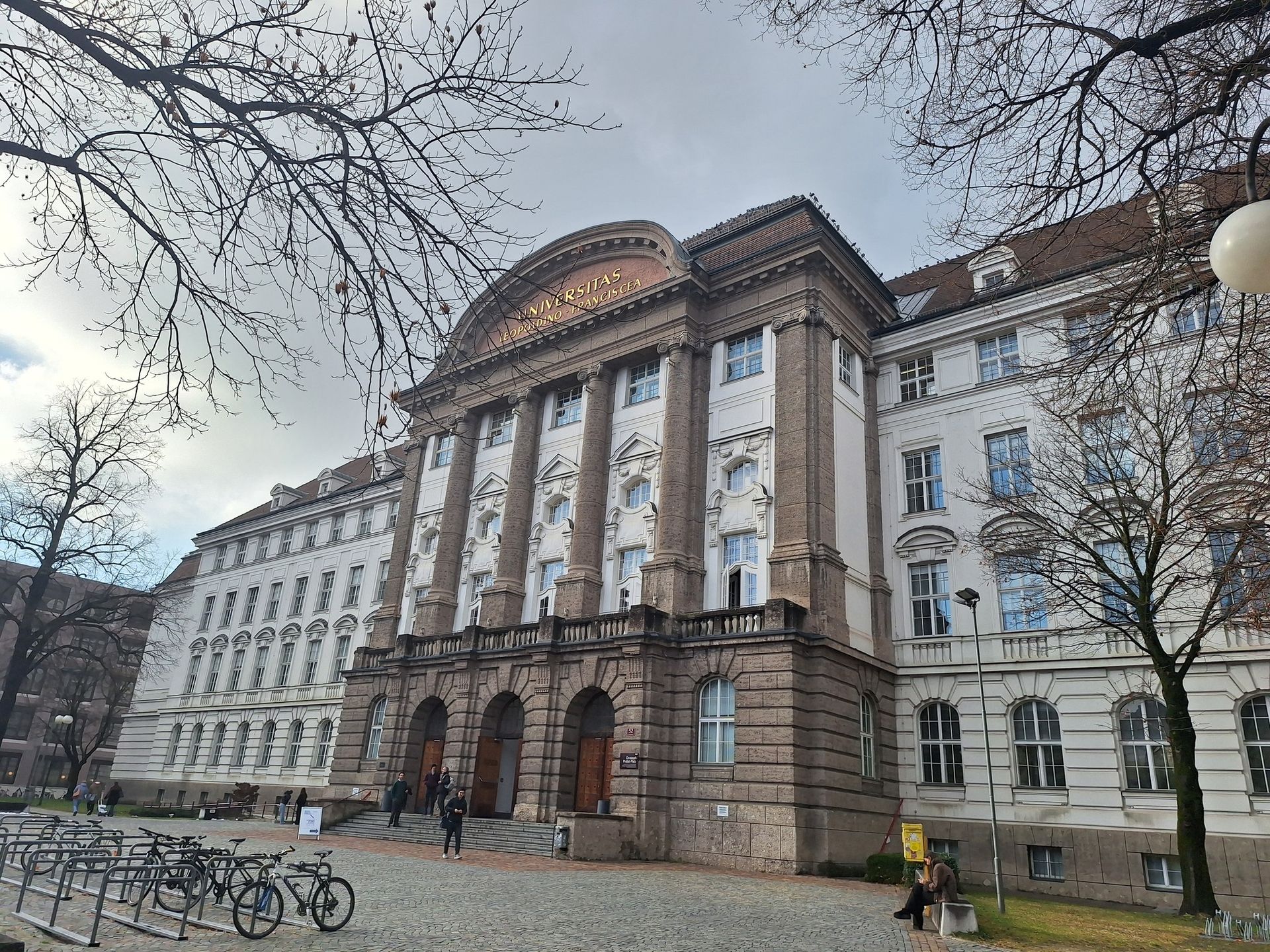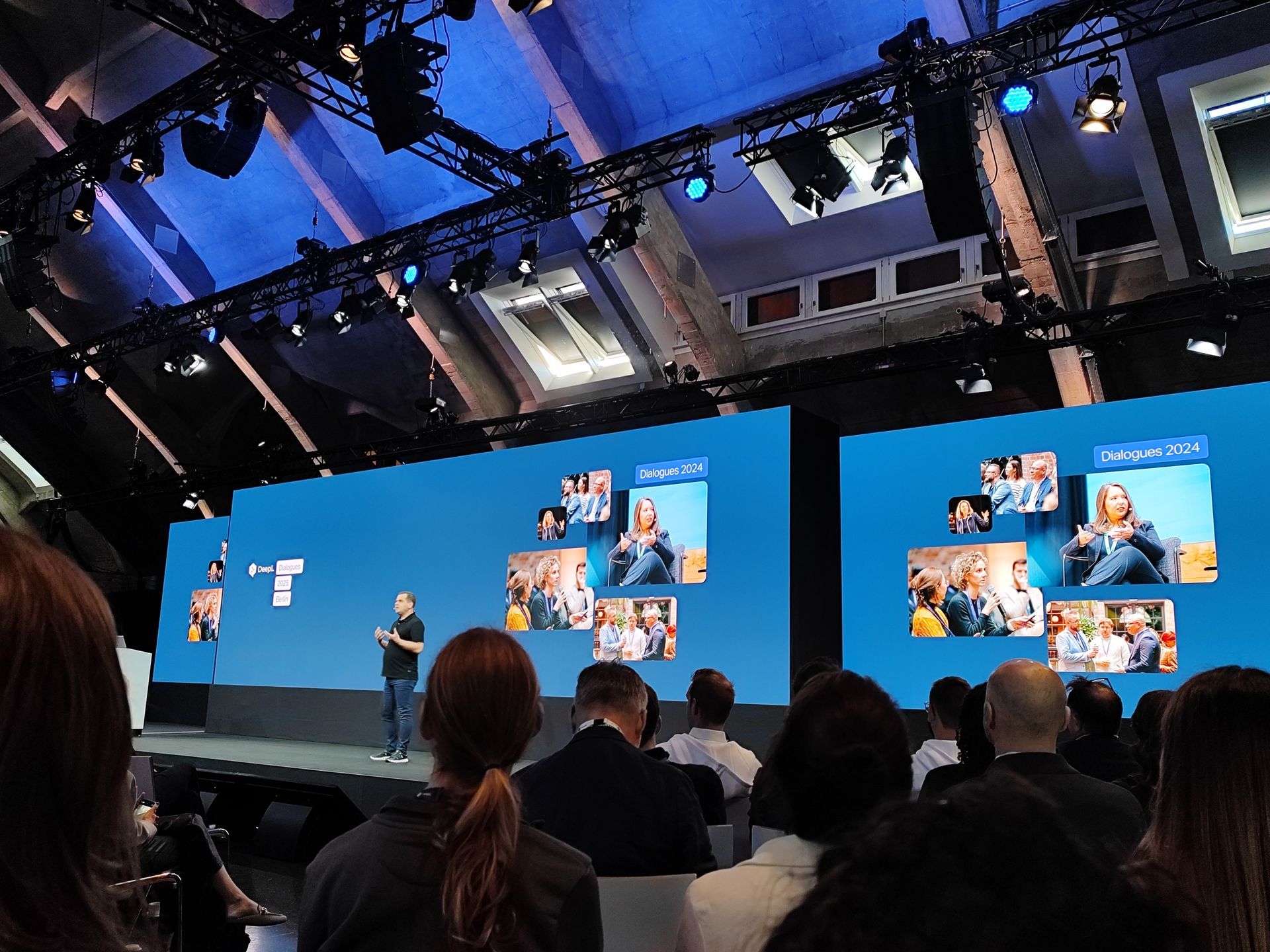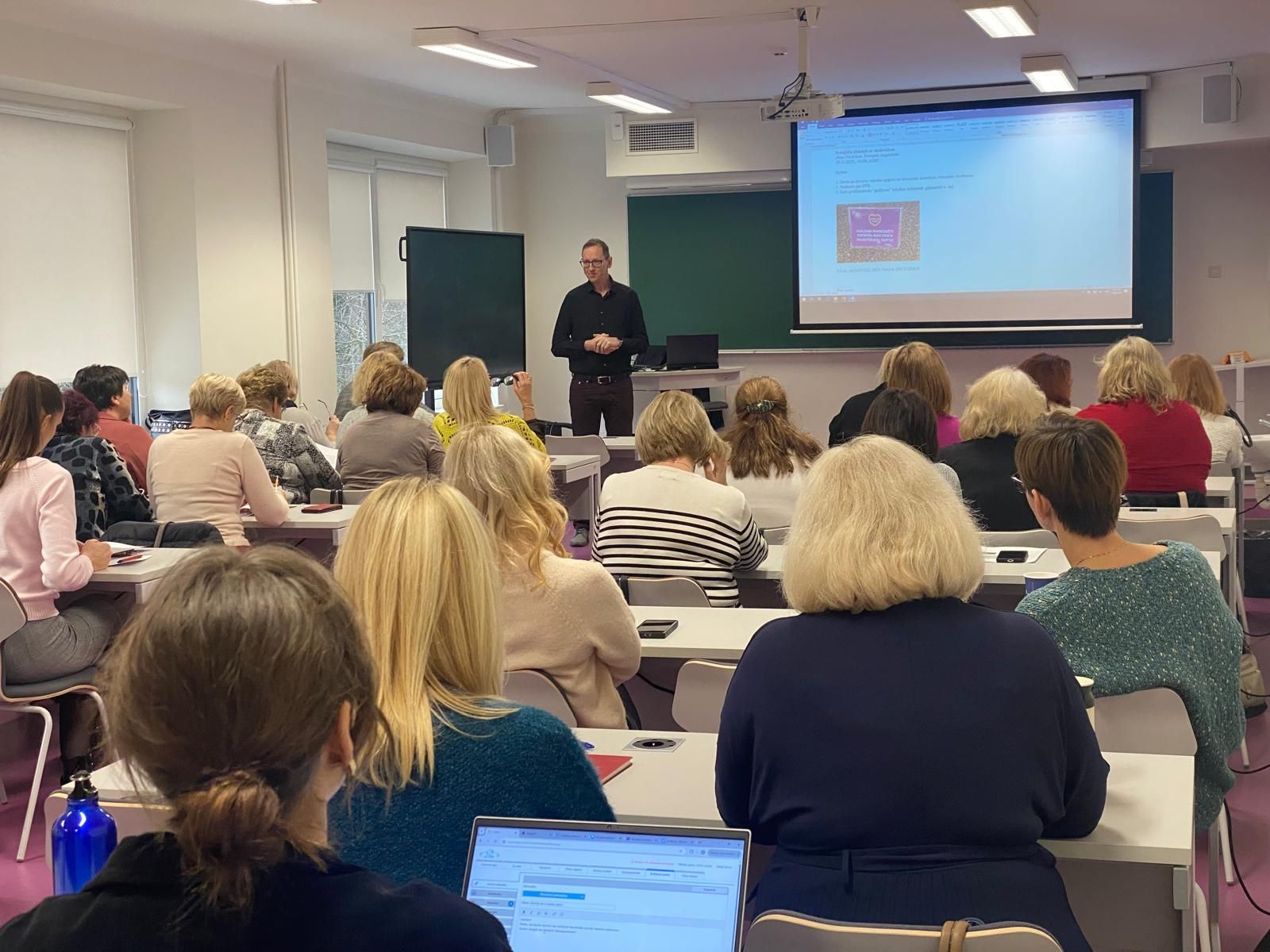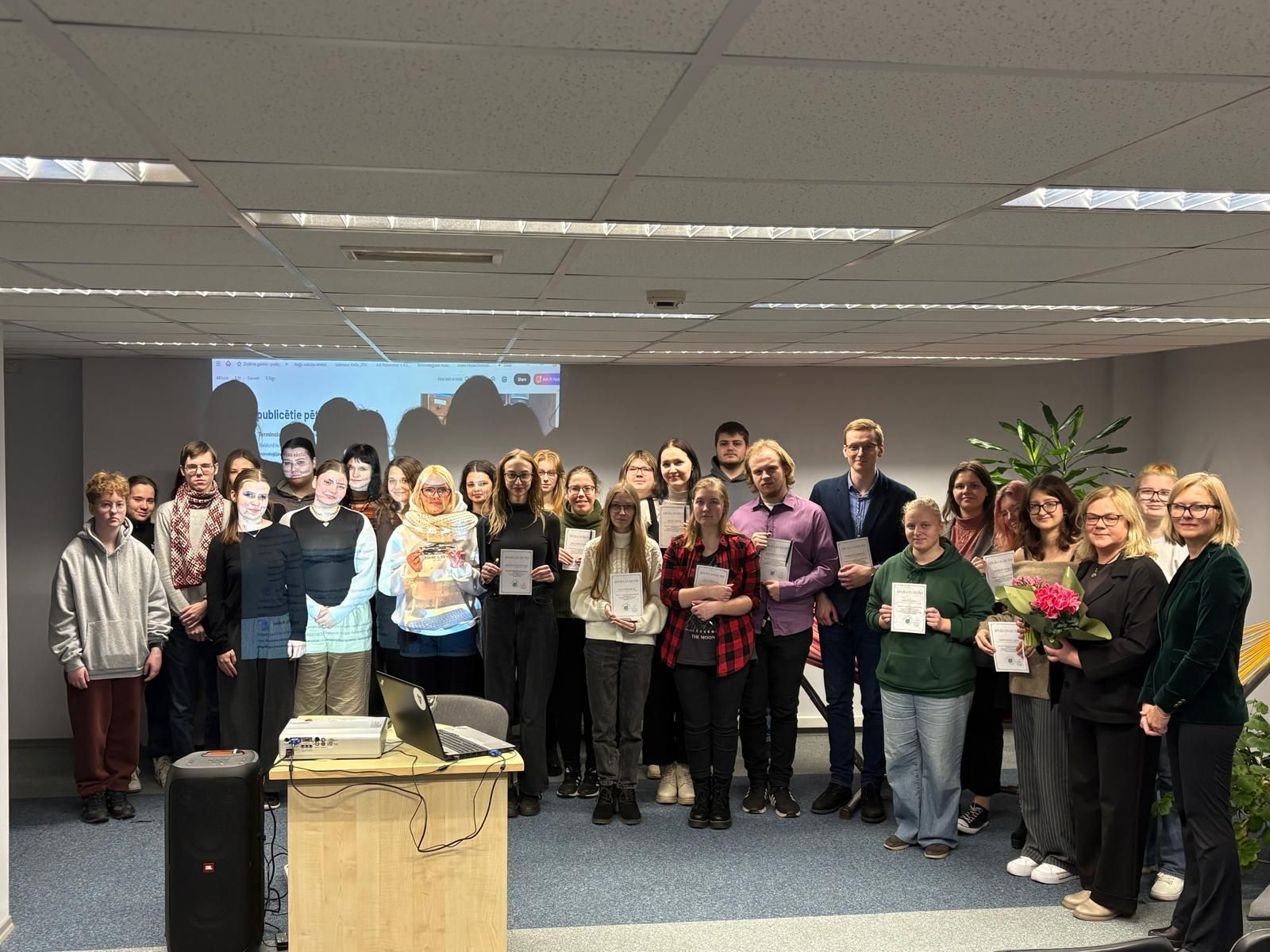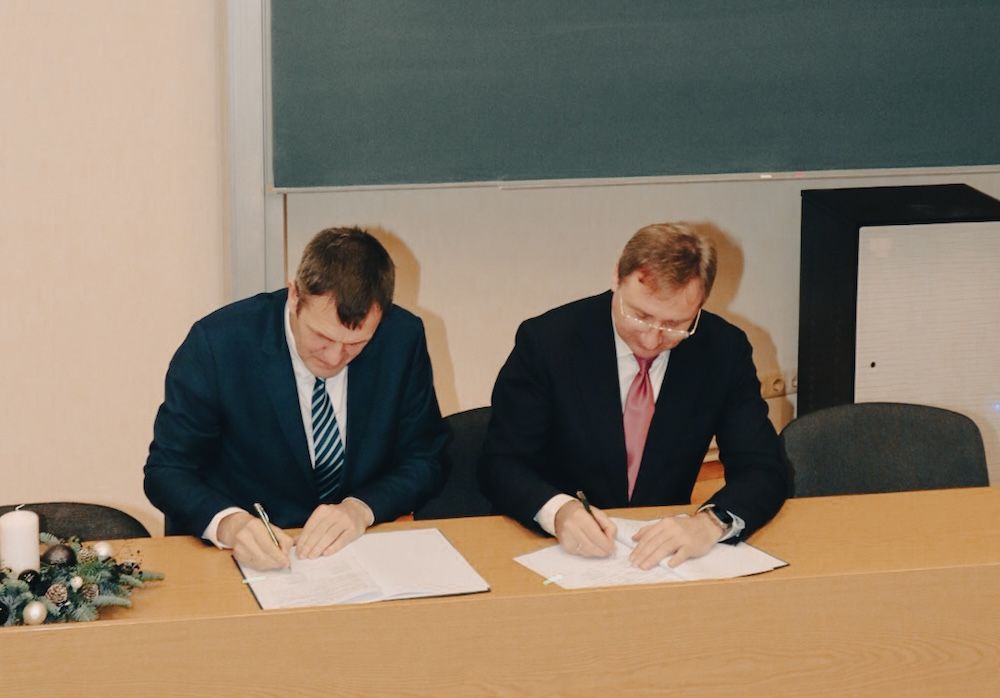Field of Humanities and Arts
Scientists at the Faculty of Translation Studies (FoTS) of VUAS conduct research in the field of Humanities in accordance with VUAS’s strategic goals and study directions.
The main fields and foci of research at the FoTS are:
- Translation studies and translation theory and practice;
- Terminology, lexicography, and terminography;
- Digitalization solutions in the humanities
Main areas of research
Translation Studies and translation theory and practice
Research on the theoretical and practical aspects of translation processes, including the use of technology in translation.
Terminology, lexicography, and terminography
Research on terminology, including the diachronic and synchronic development, scientific practical projects involving work on the development of new terms, the creation of dictionaries, and the development of special terminology needed for both industry and academic purposes.
Digitalization solutions in the humanities
digitalization solutions and the use of technologies in the humanities, such as machine translation and post-editing, digital databases, computer-assisted translation tools, and digital learning platforms.
The main research directions of FoTS are of a pronouncedly applied nature, although each direction is also closely related to specific theoretical issues of comparative and contrastive linguistics, incl. translation theory, as well as to theoretical and practical aspects of applied linguistics. Importantly, research areas are closely related to the study programmes of the FoTS, thus ensuring dissemination of competences and inclusion of the research results in the study courses.
The number of FTS researchers’ publications indexed in Scopus, Web of Science, and Erih Plus databases has increased in recent years, exceeding 20 publications. This is a significant number considering the small size of the faculty involved in the study field.
The research projects implemented by VUAS FoTS align with VUAS’s strategic goals, such as the modernization and digitalization of study offerings, as well as scientific excellence and the transfer of knowledge to the economy.
Student Involvement in Research
The research work and activities are organized through the full study cycle (bachelor-master-doctoral studies) and through the University-level research framework and national and international research projects which also define the research priorities. The doctoral programme “Language and Literature Studies”, the implementation of the new doctoral model and the presence of a Doctoral School also have a significant impact on the development of science at the FoTS.
FoTS students are involved in diverse scientific research focused on translatological, terminological, localization, literature/culture/cultural history etc. aspects, as well as modern language/translation technologies thus providing background for up-to-date research. Students participate in scientific conferences and are involved in international projects, including European Language Resource Initiatives and ERASMUS+, which promote exchange and understanding of cultural diversity.
A successful tradition is the interdisciplinary scientific conference ViA Scientiarum (2019 and 2021) organised by the FoTS (together with Liepaja University) and bringing together students, researchers, and faculty members to share their research results.
In 2019, FoTS also organized the international conference Bridging Languages and Cultures which also had another scientific product – a volume of papers published with a foreign publisher (Frank & Timme).
Students participate in the project Terminology without Borders. This is a project led by the Terminology Coordination Unit (TermCoord) of the Directorate-General for Translation of the European Parliament and involves several European universities with the engagement of both students and experts.
Events and Highlights

